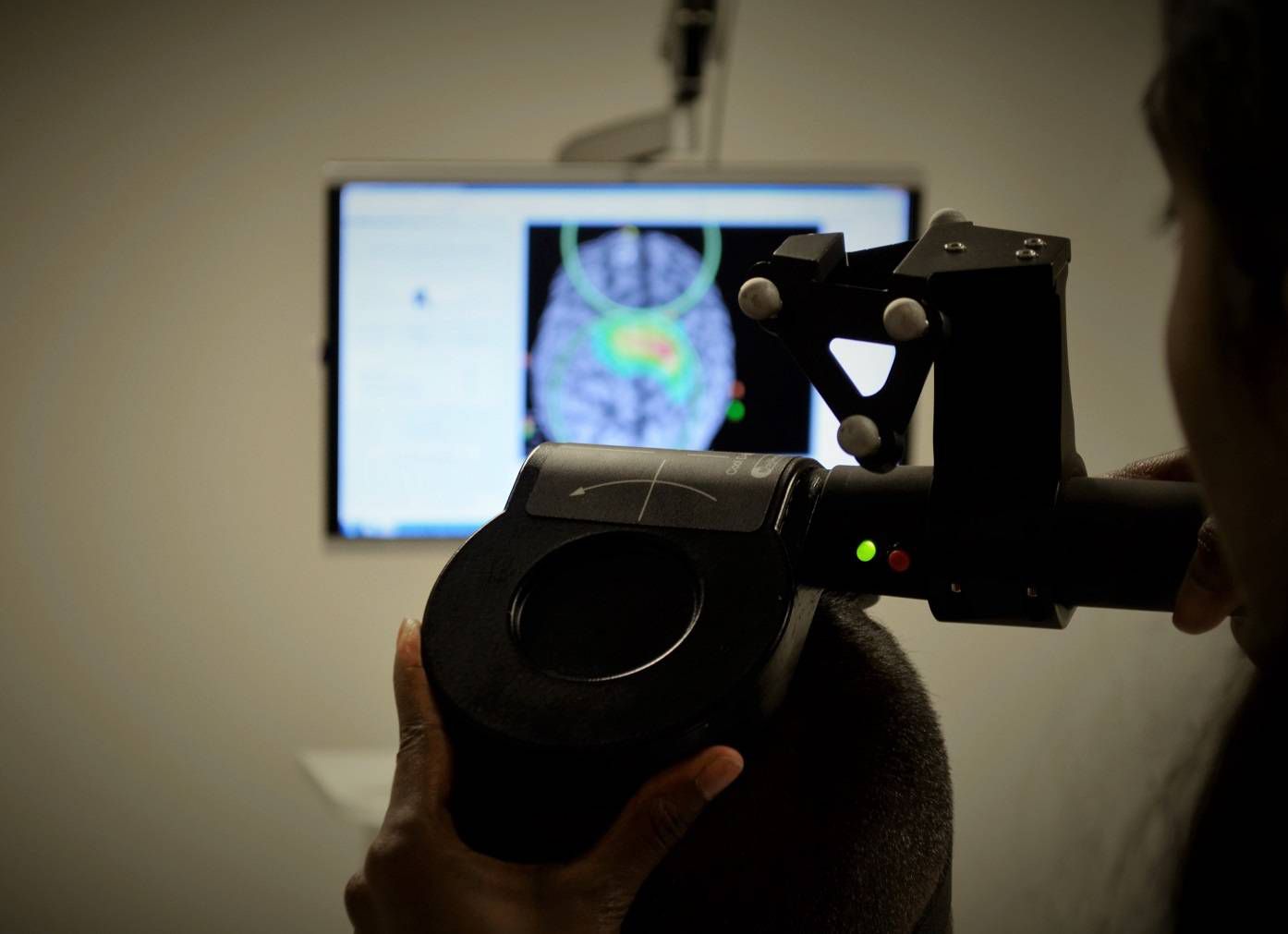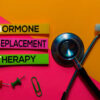New results released first in the journal PLOS Biology suggests that low-frequency repetitive transcranial magnetic stimulation (rTMS) may provide some improvement in cognition, particularly episodic memory.
Researchers from the University of Glasgow recruited 40 healthy participants to take part in a list learning paradigm. Half were administered 1Hz rTMS to the left dorsolateral prefrontal cortex while the remaining participants were given 1 Hz rTMS to the vertex.
According to researchers, those who were administered left dorsolateral prefrontal cortex stimulation experienced improved cognition, like memory performance when compared to their counterparts.
“In addition to these behavioural effects, we found that 1 Hz rTMS to DLPFC induced stronger beta power modulation in posterior areas, a state that is known to be beneficial for memory encoding,” the authors explained in their PLOS findings.
“Further analysis indicated that beta modulations did not have an oscillatory origin. Instead, the observed beta modulations were a result of a spectral tilt, suggesting inhibition of these parietal regions.”
The findings demonstrate how applying rTMS to an area of the brain associated with episodic memory formation may enhance memory performance through neural activity in parietal regions.
“Our electrophysiological results suggest that frontal stimulation affects a wider network and improves memory formation by inhibiting parietal areas. These are complex but interesting effects that require further experiments to better understand their neural basis,” said one the study’s co-authors in a news release.


